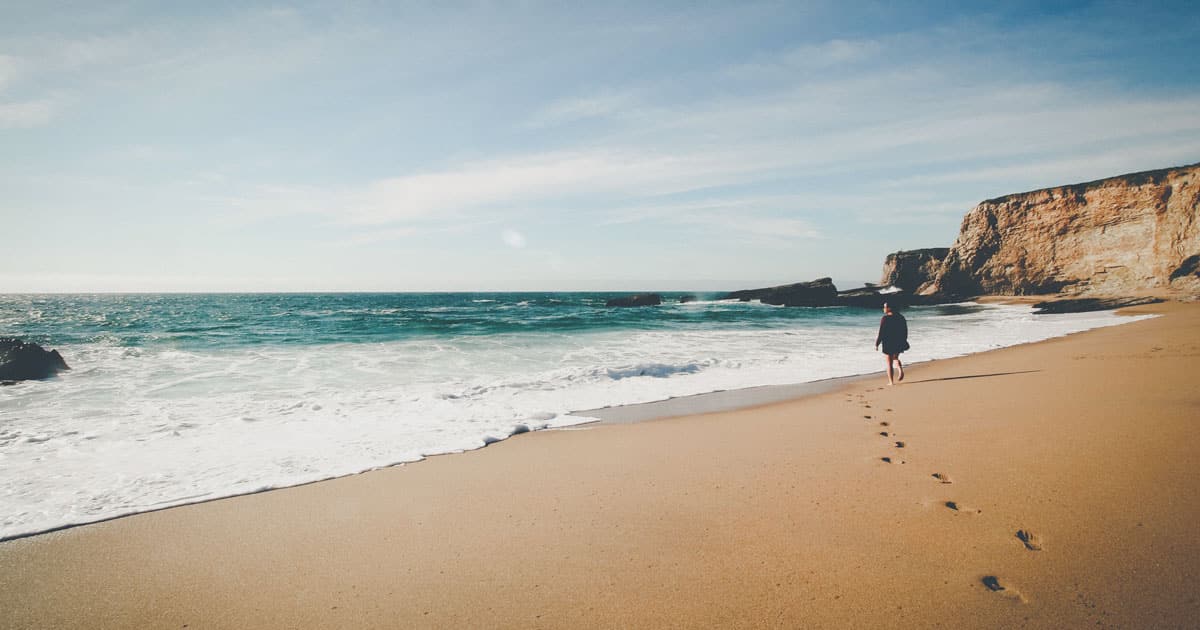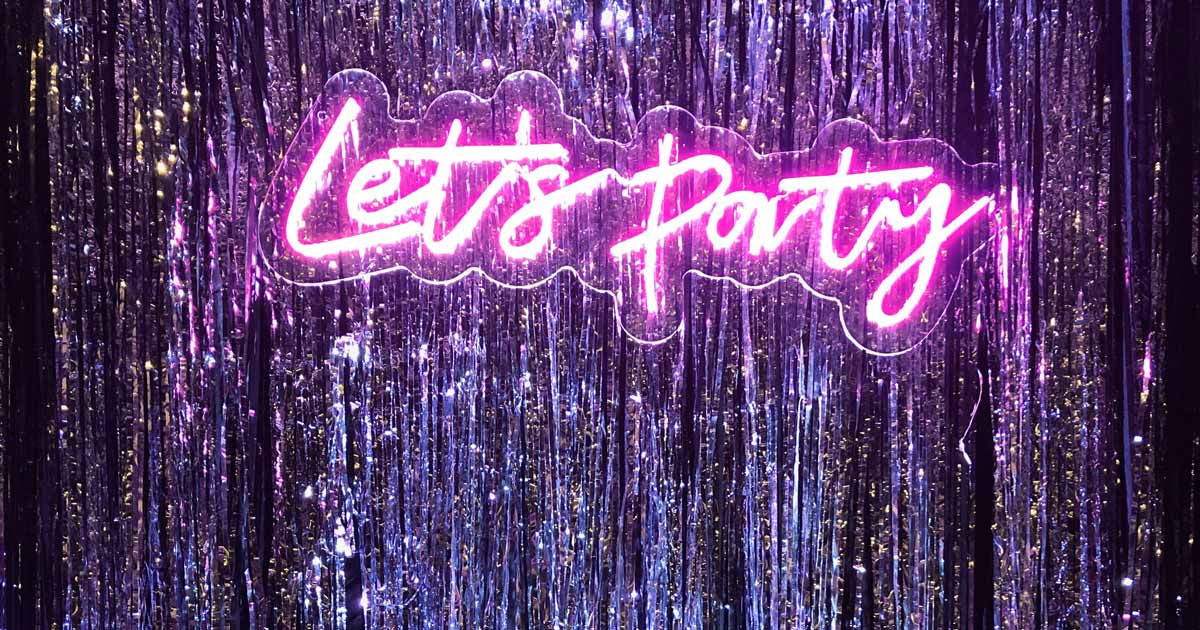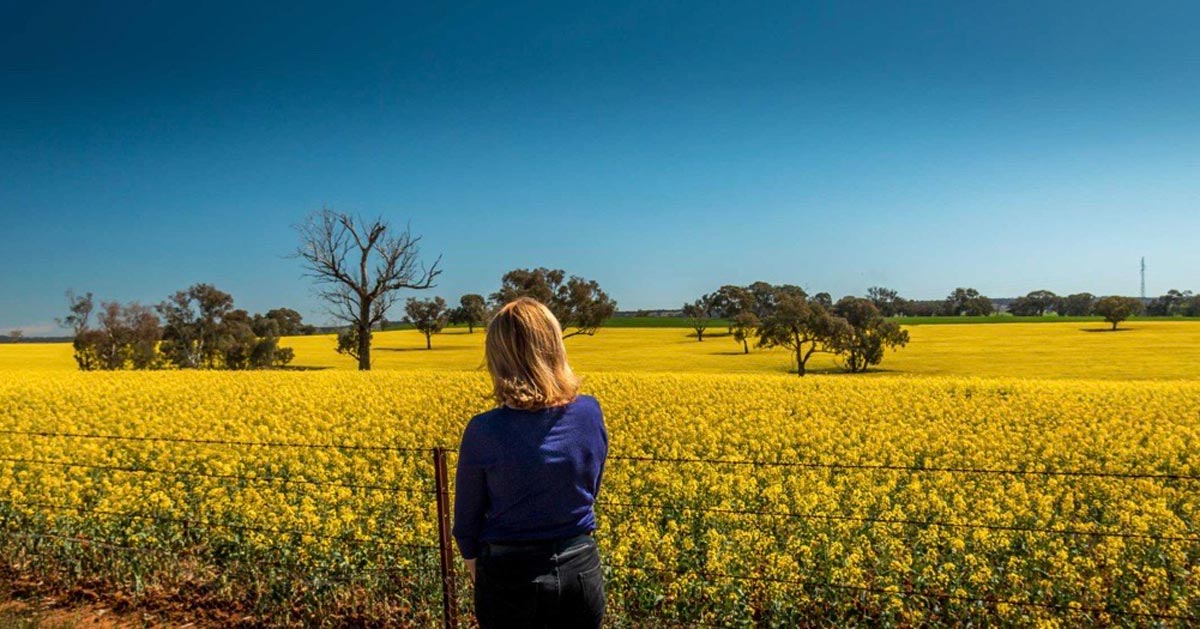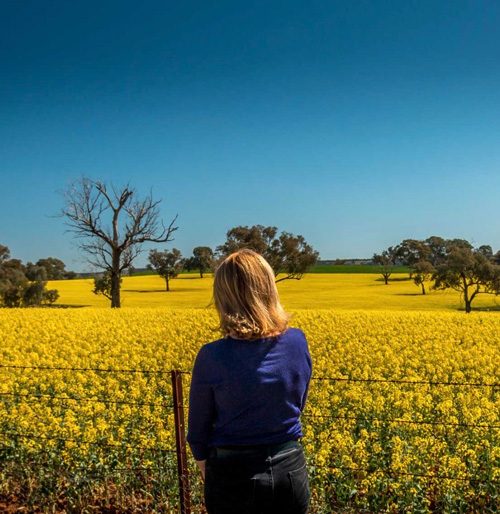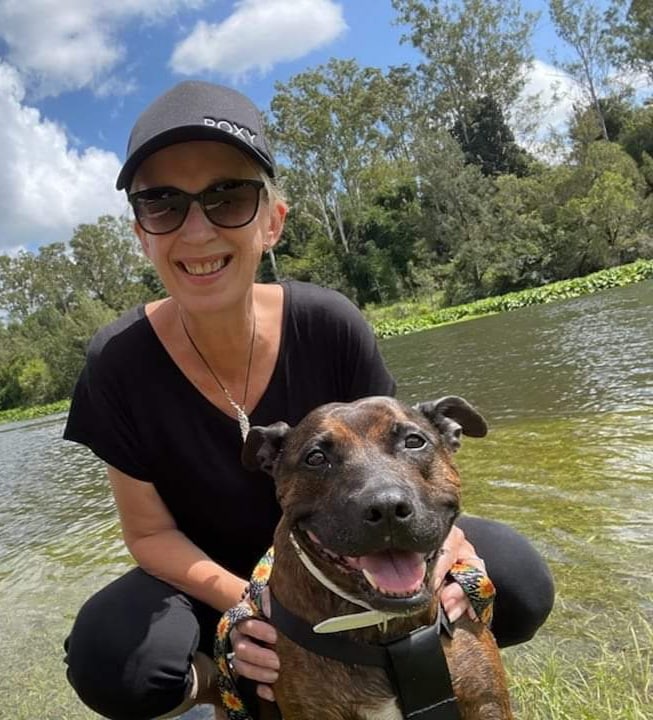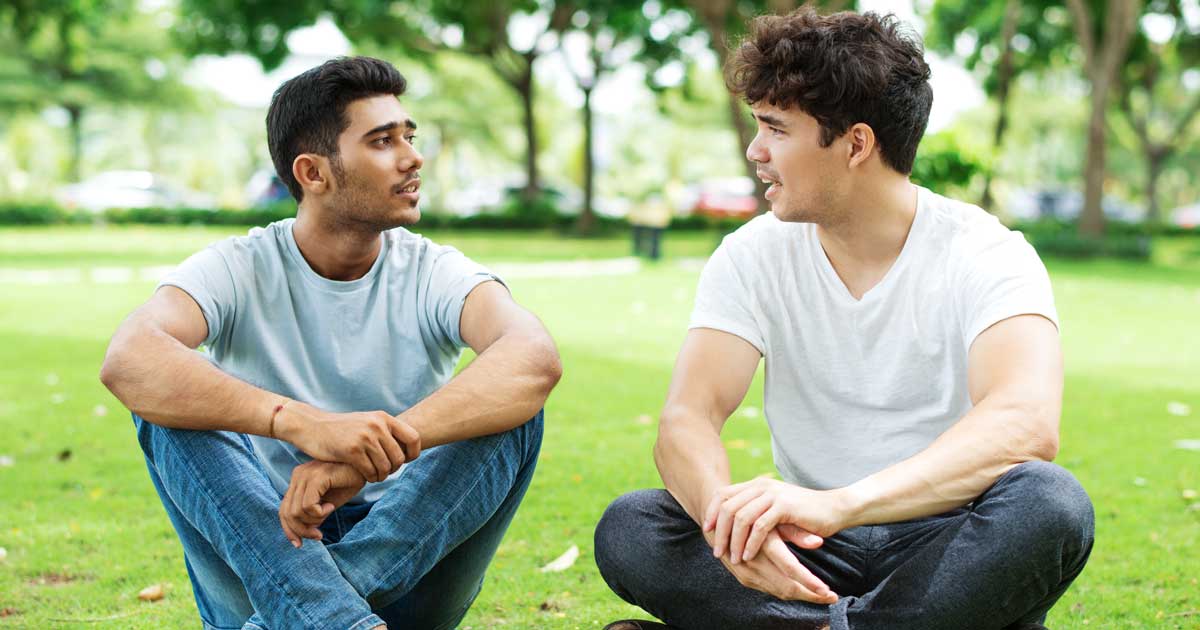The end of an era – the moment I decided to quit drinking alcohol
I decided to try and give alcohol away after landing in Kununurra hospital with alcohol-related pancreatitis. Pancreatitis, by the way, is no party trick! I couldn’t lift my head up without throwing up and I’d thrown everything there was to chunder. After 10 days I sort of walked out of hospital, but I had a distinct wobble towards the left that took quite a bit of exercise and practice to overcome. I had done some brain damage in my enthusiasm for upholding the creed of the north… drink until you drop!
I was so sick it wasn’t hard to give up after getting out of hospital. The drug and alcohol people had come to talk with me while I was taking up a hospital bed so I decided quit drinking alcohol – it was time to do something about my drinking. My drinking problem had progressively grown and shrunk over the years. I used to kid myself that I was a “functioning alcoholic” sometimes. But that viewpoint would morph into outright denial under pressure from friends or ex-lovers. Now after having blood pressure off the charts and feeling the devastation that only serious illness can bring, I was finally ready to change.
I had lingering thought
in the back of my mind;
‘one day when I'm a bit older
I'll be able to drink in moderation.’
I cajoled a mate into co-founding a local branch of AA after reading up on that organisation and resonating with it. We did get the branch up and running but soon my work took me away from town into the bush. That was in 2004 and for 5 years I stayed off the turps. But I always had this lingering thought in the back of my mind that ‘one day when I’m a bit older I’ll be able to drink in moderation.’ This was a dangerous ambition to house, but I just could not bring myself to believe or even to say that I would never drink again.
The sudden impulse
After 5 years of quit drinking alcohol and enjoyment of good health, a clear mind and stable relationships with those around me, the idiocy of that inner belief in ‘time heals all ills’ came back to haunt me. I was in Darwin and went to an Asian restaurant for a curry… it was a beautiful beef curry. In fact, this curry was so good one thought took over my mind… a glass of red wine would make this curry complete.
Surely one glass wouldn’t be a big problem, after all I’d handled not drinking for 5 years without any hiccups. I knew how to control the ‘urge’. So, I ordered a house wine from the waitress and yessss – it was so good and went so well with the curry that I was feeling on top of the world. I only drank that one glass of red that night and I walked back to my motel feeling very happy with myself. All was well… I had faced the dreaded alcohol and had come away on top of the encounter.
The next day I ruminated on this momentous occasion and came to the conclusion that maybe, after 5 long years of quit drinking alcohol, I was ready to ‘drink responsibly’ but I wasn’t tempted to follow up at all. Then later in the day, I was walking past the busy bars on Mitchell Street on my way back to the motel and stared for a while at the crowds of happy, boisterous drinkers. I thought to myself, ‘look at all that mob, I would’ve been right in there once upon a time. But I can’t enjoy life with them because I have this ‘illness’ that stops me from drinking’. This made me feel very alone and very unhappy for a moment. I should have known that thought was my old enemy, my mind is setting me up, but I let it pass.
That glass of red wine
was the beginning of
a 4-year binge of ups, downs
and almighty stuff-ups
Then I remembered my strength in the face of that glass of red wine and I walked back to my room full of strength again. The following day the nagging sadness returned, and I decided I was ready to give 1 or 2 beers a try. I wasn’t really a wine drinker. I was a beer drinker from my teens onwards and this would be the real test. That first time I only had 2 beers but that was enough to make me a bit tiddly after 5 years. Yet, I was still proud of myself that I got up and left the bar before getting drunk.
Back to where I started
Long story short, within 3 months I was drinking as much – if not more than I had been drinking 5 years before. That glass of red wine was the beginning of a 4-year binge of ups, downs and almighty stuff-ups. I won’t bother to go into those 4 years, but my mind found all sorts of rationalisations and ‘reasons’ for my return to the drinking life. Eventually I wound up back in Kununurra hospital on a deja vu visit.
It wasn’t pancreatitis this time it was sheer alcohol abuse. I was 60 kgs (from a normal 75-80 kgs) and so weak I could only walk about 5 meters before I had to sit down on the ground and catch my breath. I was out bush, as before, and I had to fly into town, as before, to get to hospital. A mate met me at the airport and drove me to the emergency door… I took a last swig of my disguised orange juice bottle, laced with Bundaberg Rum as I walked through the door and binned it just inside.
When I reported to the nurse, they were expecting me and straight away I was hurriedly shuffled back into the emergency observation room for the expected withdrawals. The Indian doctor who scored my case noticed I had a couple of books on Buddhism with me and was delighted as a Hindu to have a conversation with me. Hindus are very open-minded and accepting of other creeds. He also informed me that my “liver was going to leave me”. He said the enzyme count that should have been between 30 and 50 was over 4000… the highest he’d ever seen or heard of. He solemnly told me that cirrhosis of the liver was very probable, but we would wait and see.
A second chance
After 5 days in hospital my doctor friend came in excitedly telling me, ‘Mr CB, your liver loves you.’ I was equally excited and asked if the count was back to normal at which he pronounced, ‘no it wasn’t.’ It was 2000 but heading in the right direction. The drug and alcohol worker came to see me. She was very concerned and very compassionate so I decided that this time had come again but I couldn’t do this on my own this time. I needed more tools in my toolbox to handle it this time.
The lovely lady booked me onto the waiting lists for 3 different rehab facilities in Perth. There were heaps of people needing rehab as it turned out, so I would have to wait. I waited 2 months with no answer from any of the 3 facilities. I was in fact writing an email to accept a job offer from a well-meaning acquaintance. He had said to me that I had beaten it for 5 years once before and I should just come back to work and do it again. He and his staff would support me.
This was a very generous offer, and I was totally thankful, but I knew deep down that I really needed those extra tools to beat this ‘thing’. I did not want to go another 5 years just to bust again and have to go through the same old same old all over again. But with no word from any of the rehabs and the job demands coming up I was at the point of accepting the offer. But, thankfully, before I had finished penning the email, I got a phone call from the Salvos Bridge Program people wanting to know if I still wanted a bed in their rehab facility. I immediately jumped at it and within a week I had flown into Kununurra and on to Perth.
Long story short once again, the 4-month program that the Salvation Army advertise turned into 6 of the best spent months I’d spent in 40 years. I was 60 then. I could write a book on that brilliant experience, and I wish I’d done it 20 years before. But I’ll skip the details of that great journey only to say that it gave me not only the tools but allowed me the time to turn a very important corner. I was the oldest patient in the place and just about all the other people there were dependent on ice or heroin or multi-drug sufferers.
If you've tried and fallen off the waggon,
just jump right back on.
It's not a failure,
it's just another step in the process.
A week before I left rehab, I had an epiphany. I literally felt like my brain had moved in my skull and a great weight had disappeared magically off my shoulders. The counsellors had all said that I would know when it was time to leave the facility. And they were right. But I didn’t expect the absolute revelation that came with that knowledge. I knew I didn’t need or want to drink again.
Quit drinking alcohol for good
I ‘knew’ deep down that I didn’t want to touch alcohol again as long as I lived, and I could openly and honestly say it! I’m now 69 and after 8 years of sobriety, going 9 in November, I still can say very loudly I will never drink alcohol again.
If I could say one or two things to anyone who thinks that this battle is just too hard, I’d say if you’ve tried and fallen off the waggon, just jump right back on. It’s not a failure, it’s just another step in the process. Think long term! Never underestimate that niggling mind burst OR that one glass of wine. Or maybe you just need to go through a bit more before you’re ready. I suffered badly with clinical depression along with the alcohol dependency and both conditions disappeared when I got determined and really concentrated on my recovery program and accepted the help that was offered.
If a weak-willed idiot like me can achieve this goal, absolutely anyone can. You won’t do it alone, but you can do it if you get fair dinkum and accept help. Then don’t ever be distracted by other peoples’ problems or programs. Just put your head down and you’re harden up and concentrate on your own program and do it till it works.
You’ll know when you’ve done what you need to do!
Good luck!
Oh, and start to love yourself. Yes, with all your foibles and warts. just love yourself… because your mum loves you, she can’t be wrong.
Just do it, it’ll be the best thing you’ve done in your life. Just do it! A brilliant life full of colours, flavours and freedoms awaits everyone who persists. I can say that ‘for sure’ because I’m there 🤗 🙏 ❤

